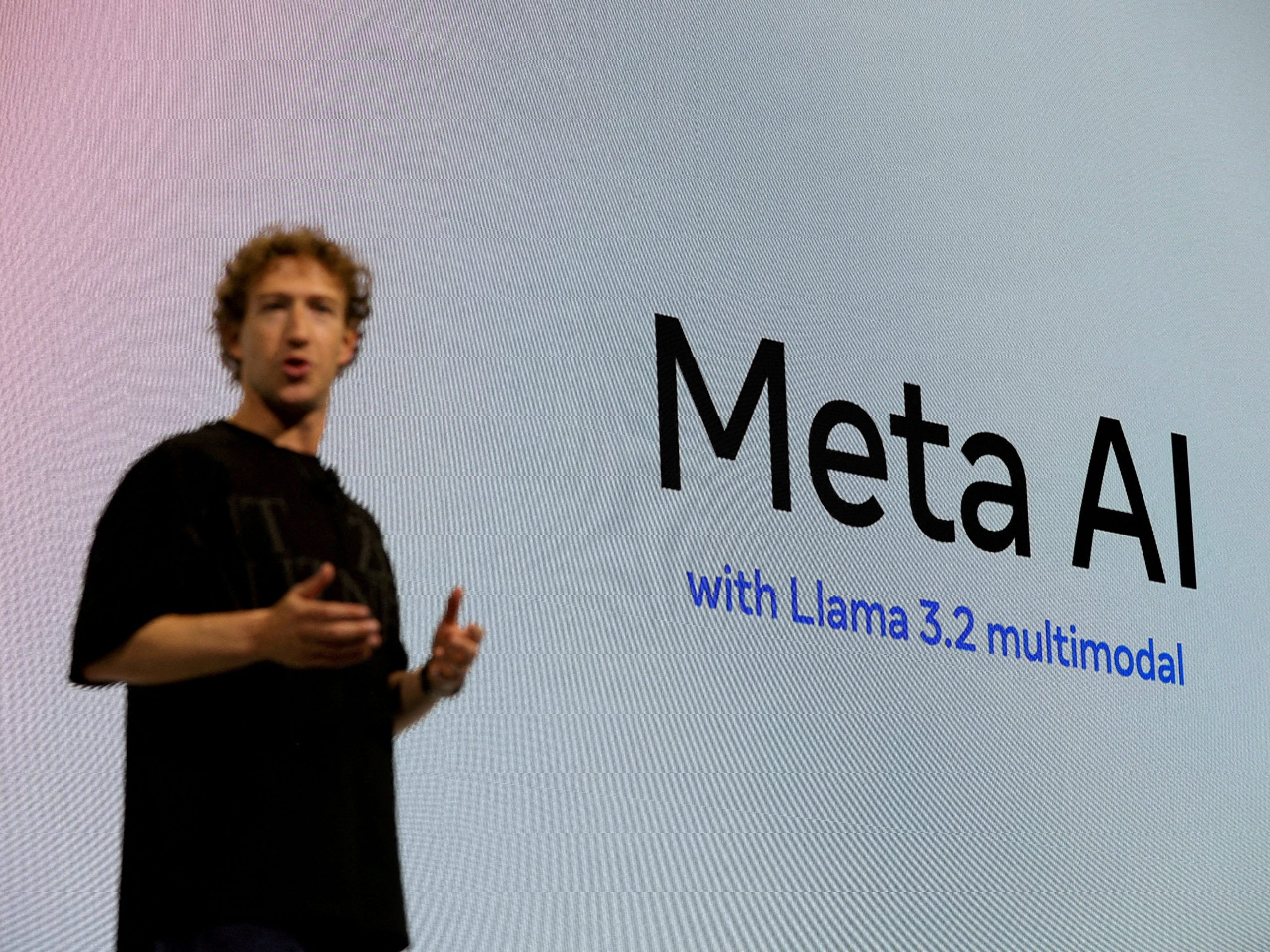Meta, a pioneering force in open-source AI, is signaling a significant re-evaluation of its foundational strategy, hinting at a future where its most advanced artificial intelligence models may no longer be freely accessible.
Since the advent of modern generative artificial intelligence in 2022, Meta championed an open-weight philosophy, allowing developers widespread access to its cutting-edge models, notably the Llama series. This approach fostered rapid innovation across the AI development ecosystem and provided a vast community with unparalleled, cost-free access to Meta’s substantial advancements in this crucial technological domain.
However, recent declarations from Meta CEO Mark Zuckerberg indicate a substantial departure from this long-held commitment. In a widely circulated essay and subsequent discussions with financial analysts, Zuckerberg clearly articulated that the company’s most powerful artificial intelligence models might not consistently remain open-sourced moving forward.
This strategic pivot marks a significant shift, especially when contrasted with Meta’s earlier stances on AI distribution. Zuckerberg elaborated on the evolving landscape of artificial intelligence development, particularly highlighting the emergence of what he terms “artificial superintelligence” and the profound implications associated with its unfettered dissemination.
The CEO emphasized that Meta is observing nascent indicators of AI systems exhibiting self-improvement capabilities—a critical prerequisite for these technologies to not only reach but potentially surpass human cognitive capacities. This progression introduces an entirely new echelon of AI safety considerations that necessitate a more cautious approach to generative models distribution.
During his recent analyst call, Zuckerberg explicitly stated that as AI models become exponentially more potent, the inherent risks associated with their entirely open distribution could become unmanageable. This concern directly challenges Meta’s previous policy of making its flagship Llama models widely and freely available.
“As you approach real superintelligence, I think there’s a whole different set of safety concerns that I think we need to take very seriously,” he remarked, underscoring the gravity of the situation. This statement encapsulates the company’s evolving perspective on responsible AI development and deployment.
Fundamentally, this shift can be understood as a pragmatic response to a rapidly transforming technological environment. Mark Zuckerberg has a well-documented history of adapting Meta’s core tech strategy when global conditions or technological paradigms dictate, exemplified by the company’s bold rebranding to pursue the metaverse. This current recalibration reflects a similar readiness to pivot aggressively in the face of new realities in artificial intelligence.






Leave a Reply